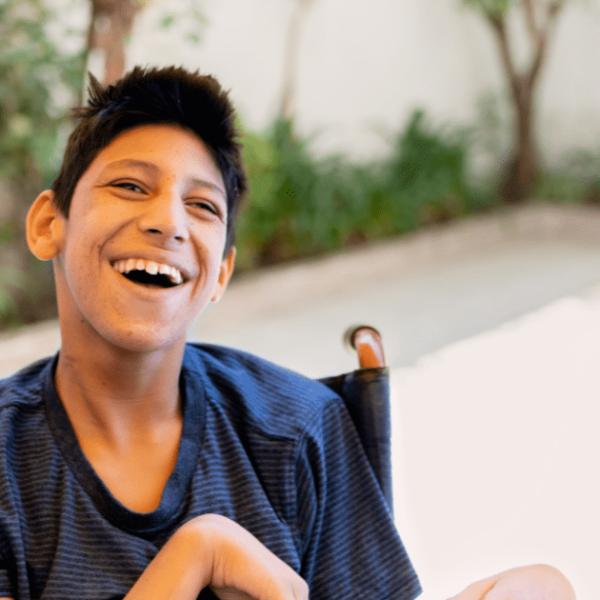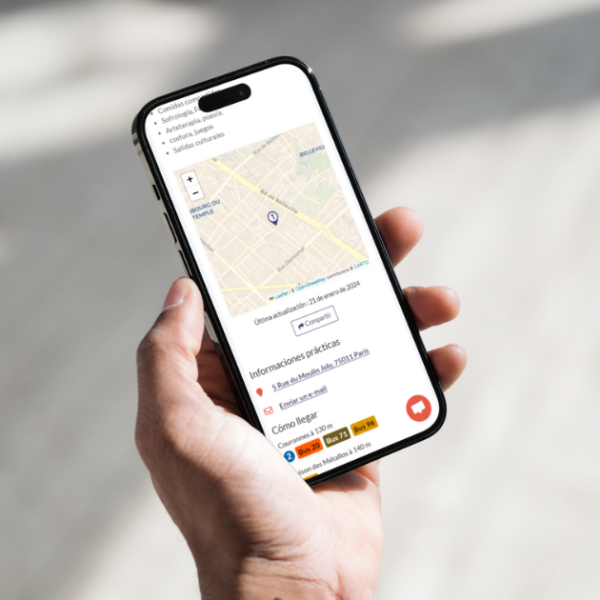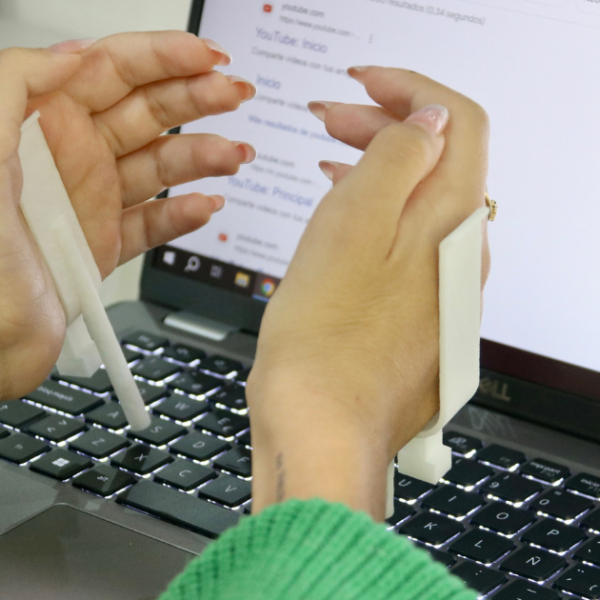NIDUS Mental Health

NIDUS Mental Health

Adaptation of the NIDUS app as a digital support tool in mental health for the needs of people with severe mental disorders who are transitioning from long-term hospitalization to community life and/or strengthening their ties with the community.
(2024-2025)
NIDUS Deinstitutionalization is a pilot project aimed at addressing the lack of tools focused on promoting the autonomy, empowerment, and life project development of people with mental health issues who are in the process of deinstitutionalization or at risk of institutionalization. To this end, the NIDUS app from the iSocial Foundation, which has so far been successfully used in the field of homelessness care, will be adapted, piloted, and evaluated.
The adaptation of this digital solution to the mental health field, with a focus on the needs of the individuals, will enable:
• A connection and easy communication between the individual and their reference professionals
• Support and facilitation of tools for the individual to enhance their personal responsibility and autonomy
• Provision of support and facilities for the individual’s participation and integration into the community
• A standardized system of remote support, through which the individual can report on the evolution of their health and well-being
Objectives
To increase the quality of life, improve mental and physical health, and enhance autonomy, ensuring an independent life project within the community for individuals affected by a mental disorder. Additionally, the project aims to achieve more effective and efficient deinstitutionalization processes, grounded in the recovery paradigm.
Specific Goals
- Improve the integration into the community of individuals currently residing in mental health institutions.
- Strengthen and provide tools for the process of personal responsibility, and increase self-perception of capability, a sense of autonomy and independence, and self-esteem, reducing dependence on institutional services and enabling a more autonomous and fulfilling life within the community.
- Improve the health and well-being of individuals with severe mental disorders, anticipate crises, and prevent future institutionalizations, enhancing their quality of life and alleviating the burden on mental health services.
- Reduce the administrative burden on mental health professionals, lower stress levels, and allow more time for direct care to individuals with mental disorders.
- Facilitate more informed decision-making by mental health organizations, reducing risks and improving clinical and social outcomes.
Expected Impacts and Improvements
The project is driven by a group of social and healthcare organizations deeply involved in deinstitutionalization programs and the prevention of institutionalization in mental health in Catalonia. By the end of the 10-month project, this new digital tool is expected to improve the community integration of 48 individuals participating in the pilot; enhance their individual life self-management processes; and improve their health and well-being.
Once this objective is achieved, the solution can be replicated and scaled to benefit the more than 2,600 people in Catalonia affected by the process of deinstitutionalization and its prevention: 1,680 individuals currently in mental health institutions who may soon enter deinstitutionalization programs; 620 individuals already undergoing deinstitutionalization processes; and 400 individuals per year who are at risk of admission to medium and long-term institutions.
Leads:
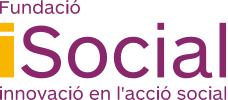
Partners:


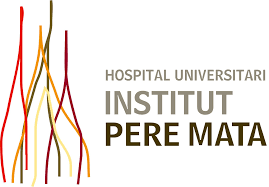
In collaboration with:


With the support of:
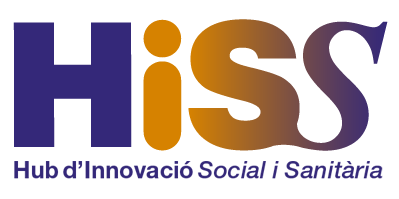
Projectes d’innovació

